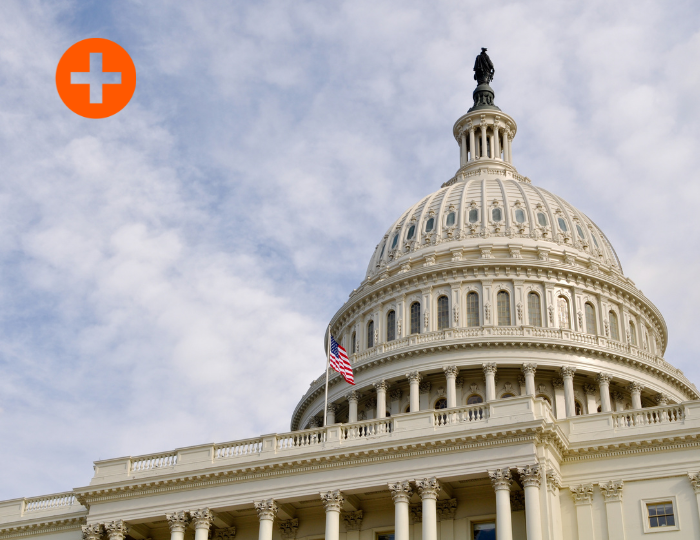Puerto Rico: Highlights of the Build Back Better Bill
There is a lot of activity going on in Washington, D.C. these days. Back in August, the Senate approved a $1 trillion bipartisan infrastructure bill. That bill, however, has been on hold in the House, as Democrats negotiated amongst themselves the contents of the Build Back Better (“BBB”) bill. We are still combing through the text, but to keep you informed, we wanted to share some of the key points in the BBB bill regarding Puerto Rico as of today.



